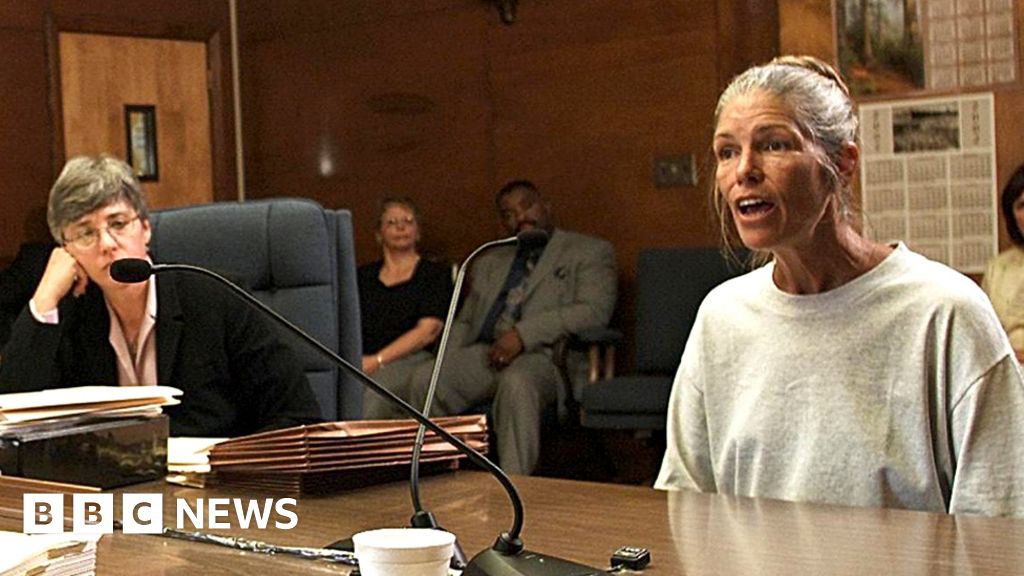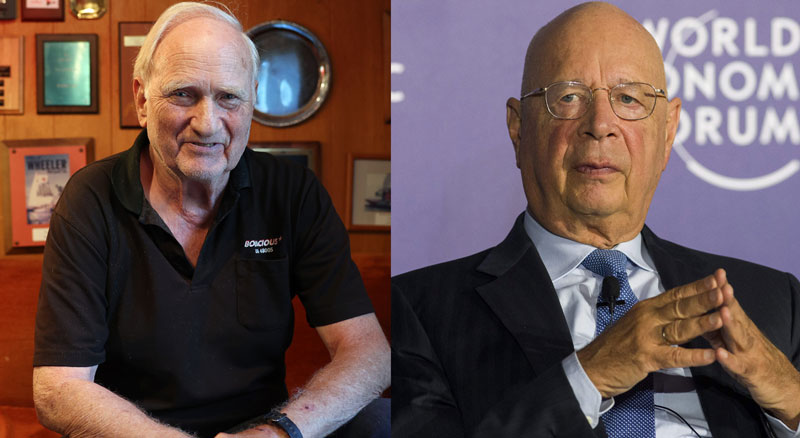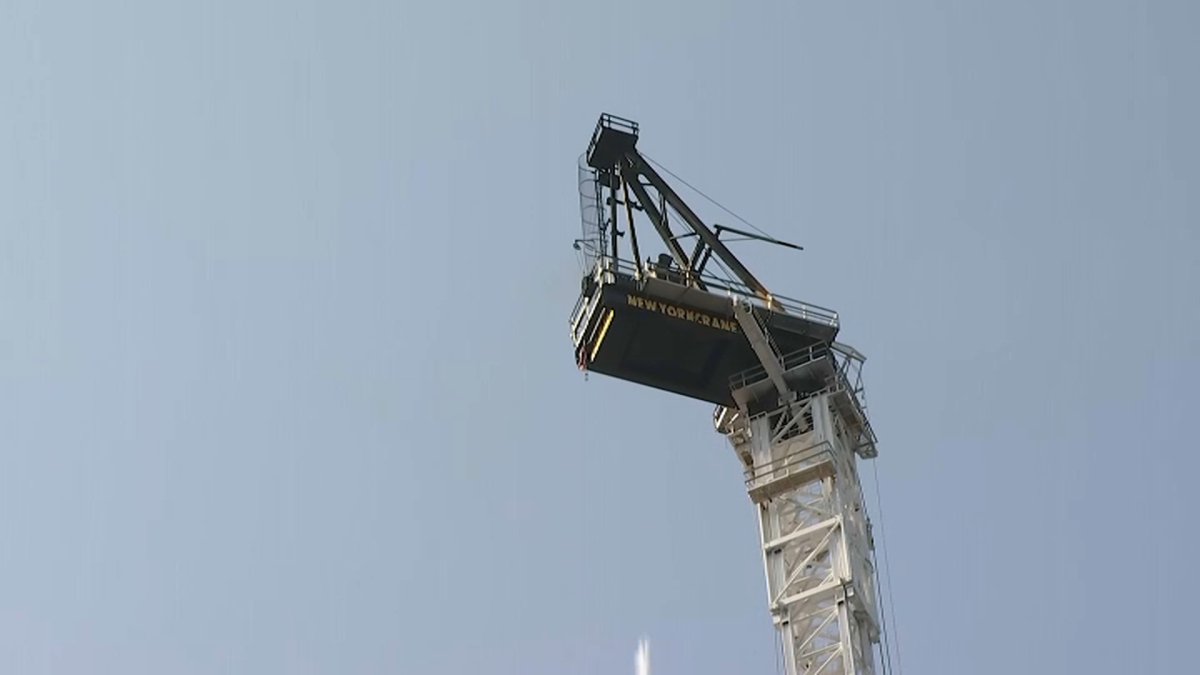Misinformation and engendering and weaponizing the “politics of resentment“ are the siren song mesmerizing the masses to get them to do the bidding of the powered ‘elites’. MAGA Republicans use that term to disparage their opposition, while they do the bidding of the actual ‘powered elites’, the Corporations and Politicians who are taking away the common citizen’s rights and dismantling democracy.
(That’s the summary, if it’s ‘too many words’).
(See if you can find something of yourselves and your struggles in the historical characters described in the following article!)
It really is worth the read, though… history holds lessons seen more clearly after time has gone by. That is the reason the powered elites disparage ‘wokism’. They hope their base doesn’t wake up to how they are being used to defeat themselves:
“The Redneck Army Refuses to Stay Buried”
By Cassady Rosenblum
Photographs by Aaron Blum
Ms. Rosenbaum and Mr. Blum are natives of West Virginia.
“The striking miners were 10,000 strong on the first day of September 1921 as they charged up the slope of Blair Mountain, propelled by a radical faith in the American dream. According to an Associated Press reporter who crouched behind a log and watched through field glasses, each time they pressed forward, a “veritable wall” of machine gun fire drove them back. As the barrage echoed through the hollows, reminding some of the action they had just seen in the forests of France, the advancing miners soon heard a different sound: deeper, earthshaking explosions. From biplanes above, tear gas, explosive powder and metal bolts rained down. “My God,” screamed one miner fighting his way up Crooked Creek Gap. “They’re bombing us!”
“They” were Sheriff Don Chafin and his deputies, who terrorized the citizens of Logan County, W.Va., by the authority of the coal companies. The miners vastly outnumbered their opponents, but Chafin had the superior position and weapons. “ACTUAL WAR IS RAGING IN LOGAN,” one local paper declared the day before.
The miners were fighting for the right to unionize, and to end the reviled “mine guard system,” a private force of armed guards who brutally enforced the company’s control in the coal fields. Unless the mine guard system was removed, John L. Lewis, president of the United Mine Workers of America, had warned, “the dove of peace” would “never make permanent abode in this stricken territory.”
On Sept. 4, federal troops arrived at Blair Mountain. The miners cheered, thinking Uncle Sam had come to liberate them from King Coal. Uncle Sam had no such plans. In 1921, about three million Americans were unemployed, and Washington was concerned that the industrial war raging in southern West Virginia could spread to other states. The troops told miners to stand down, and they did. “We wouldn’t revolt against the national government,” one of them said.
(Image:
Credit...Kenneth King/West Virginia Mine Wars Museum)
The miners were roundly defeated, but their struggle was not in vain: Years later, as part of the New Deal, the rights they were fighting for — including the right to collectively bargain — were written into law. Black, white and immigrant, the “Red Neck Army” (so named for the red bandannas they wore) had mounted the largest working-class uprising in U.S. history and the largest armed insurrection since the Civil War.
Today, Blair Mountain is just that: a mountain. While many battlefields are the object of exhaustive study and veneration — places and times when power wobbled and blood was shed — Blair Mountain is still largely unexplored. No statue or roadside attraction commemorates it; no tour buses roll up and disgorge visitors. Despite a burst of
recent interest, for most West Virginians, the story of Blair Mountain barely even exists.
My family has lived more or less continuously in West Virginia since our patriarch, John Hinkle, settled his brood near Seneca Rocks around 1760. But I spent much of my adolescence dreaming of a world beyond the blue ridges — a dream my grandmother vigorously encouraged, having bolted over them herself when
Representative Ken Hechler offered her a job in Washington. Her implied message to me, delivered via magazine clippings of girls in gaucho pants and trips to cities like Chicago, seemed to be: A much bigger world awaits. So having heard Joe Manchin call West Virginia the “extraction state,” I extracted myself. In college several states away, I majored in international relations, casting my attention as far away as I thought I should.
In the time I was gone, the mid-2000s, things back home seemed to further deteriorate. Opioid companies began flooding West Virginia with pills, and by 2010 it became the
leading state for overdose deaths, kicking off a cascading crisis in the foster care system. That same year, an explosion at the Upper Big Branch coal mine killed 29 people. Since 2012, many mine operators have filed for bankruptcy. As they did, they paid astonishing sums to management while foisting much of their pension, black lung and environmental obligations onto taxpayers. By the 2020 census, West Virginia had shrunk enough to lose one of its three congressional seats, partially because people keep fleeing. It’s easy to understand why: According to
one source, West Virginia is the least
happy state, the worst for finding a
job and the
leasteducated. I blocked it all out, knowing I was part of the brain drain.
Then the pandemic hit, and my personal life imploded, too. Fresh off a breakup, I reluctantly retreated to my family and the hills that raised me, hoping their ancient slopes would teach me some secret about the inevitability, and gradualness, of change.
(Image:
An abandoned storefront in Point Pleasant, W.Va.)
Many rural places claim the title “God’s Country,” but West Virginia takes great pride in being “Almost Heaven.” Present for the monarchs on the milkweed and cascades of scarlet maple leaves that first autumn of Covid, I felt it — not for the first time, but in a way that seemed like mine. I met childhood friends at the river, clear and holy, and we blinked at each other as if discovering we were some strange species of fish, all returned to the source. As months turned to years, the idea of our previous urbane lives became laughable compared to the symphony of stars.
The longer I stayed, the more I became curious about my home. I finally wanted to know what everyone always wants to know about West Virginia: How can we be both so beautiful and so damned?
(Image:
The beauty of West Virginia stretches from the northern panhandle to the Greenbrier Valley.)
As I began to learn our history for what felt like the first time, the story of Blair Mountain arrived like a shocking clue. My great-grandmother, Idelene Hinkle, had been a columnist for The West Virginia Hillbilly, a satirical homage to West Virginia’s “
absurd, fatalistic” humor. She had always spoken proudly of winning a Golden Horseshoe Award, a prize given to top students in West Virginia history. It seemed inconceivable that I had never heard her, or anyone else I grew up with, talk about the time West Virginia bombed its own people.
It turned out I wasn’t alone: “I am a product of the West Virginian public school system,”
wrote Sam Heywood in a remarkable 2020 honors thesis at Brigham Young University, describing the pride he felt winning the same Golden Horseshoe Award my great-grandmother had. “I felt deceived when in college, halfway across the country from my home, I learned about the violent history of the Mine Wars.”
So there were two of us, then. Actually, there were far more: When Charles B. Keeney III began teaching history at Southern West Virginia Community and Technical College, most of his students hadn’t heard about the Mine Wars or Blair Mountain either, despite the fact that the battlefield lay just a few miles from campus. Professor Keeney, of course, had: He is the great-grandson of Frank Keeney, one of the towering figures of the United Mine Workers who urged his men not to let themselves be “crushed like a beetle beneath the golden chariot of the money kings.”
According to Mr. Keeney and other scholars, there is a perfectly good reason for our ignorance: Following the Battle of Blair Mountain, West Virginia kept any mention of labor conflict out of its textbooks for more than 50 years, and in many schools it is still absent.
(Image:
A service road that leads to a strip mine near Blair Mountain.)
It’s not just the story of Blair Mountain that the state seems to want to erase but also the soil itself. In 2009, the National Register of Historic Places, under pressure from the coal industry, delisted the Blair Mountain battlefield. This left the land open for mountaintop removal, a particularly destructive form of surface mining.
A century after the Battle of Blair Mountain, a similar war for identity and belonging is being waged. The difference, Mr. Keeney says, is that the Mine Guard System has become the Mind Guard System.
The first time I went to the State Capitol, I was on a fifth-grade field trip. “You were so excited to learn about how a bill becomes a law,” my mother recalled. “But the tour guide spent nearly the entire time talking about the gold-plated dome and chandeliers.”
Even to a child, the contrast between the lavishness of the government and the trailers that some of my classmates lived in was obvious and uncomfortable. In 2018, this incongruity became a political crisis when the Legislature took the extraordinary step of impeaching the entire State Supreme Court over their office renovations. By all measures, the renovations were grotesque: A blue suede sofa priced at $32,000 does not belong in any public office, especially not in a state where, according to the Census Bureau, the per capita income was about $29,000.
(Image:
The state capitol in Charleston.
Image:
Frank Keeney was one of the towering figures of the United Mine Workers.)
But the extreme measure of impeaching an entire branch of government still struck some as a
coup — the Republican supermajority flexing its muscle against what was the state’s last holdout of Democratic power. Today, West Virginia Republicans control all three branches of government and, in a pattern mirroring other red state houses (including Ohio, Tennessee and Indiana) in the country, are using their power to pass tax cuts and approve school vouchers. They are also reviving the old-time tradition of stifling dissent. On the cover of its annual
magazine, the West Virginia A.C.L.U. put a finer point on it: “Is West Virginia abandoning democracy?”
If it is,
it’s hardly alone, and it is taking many of its cues from the national stage. But in Appalachia unadorned, it’s sometimes easier to see the signs.
Last December, the reporter Amelia Knisely was
dismissed from a partly state-run radio station after reporting on alleged abuses at government facilities. That same year, the State Senate
banned photography during the debate over abortion. A year before that, in 2021, the Legislature
outlawed a major source of union funding — retaliation, the West Virginia University law professor Bob Bastress believes, for a 2018 teachers’ strike. When Mr. Bastress filed a pro bono suit on behalf of the unions, W.V.U. informed him that going forward, professors would need permission to represent interests that may be “adverse to the state.” But whose state? Adverse to whom?
In earlier decades, unions were a major engine of Democratic power in West Virginia, and part of why West Virginia, now so red, used to be so blue.
(Image:
A union home outside of Charleston.
Image:
A coal-burning plant in Pleasants County.)
“Now,” said the state senator Mike Caputo when I visited him in his office in January, a throng of miners waiting for him in the echoing halls, “West Virginia does nothing but weaken labor unions.”
Mr. Caputo should know: He is a union man himself, and one of the last three Democrats in the Senate. “They took away
prevailing wage from our brothers and sisters in the construction industry to make their standard of living lower,” he said. “They weakened coal mine health and safety — probably rolled it back 40 years.”
“People died for those laws,” he added, “and they stripped them away because coal operators wanted it done.”
Even as West Virginia attempts to project a bright, modern future, opening a
new national park in 2021 and even allowing a
renewable battery plant to set up shop in Weirton (despite
grumbles from some lawmakers that “this is coal money that we are giving to a woke company”), the state is still beholden to the interests of the fossil fuel industry — even at the literal expense of the public.
If utility companies want to switch from coal — which as of 2021 supplied
91 percent of the state’s electricity — to cheaper energy sources, they must now seek permission from the Public Energy Authority, a long inactive agency that Gov. Jim Justice
resuscitated at the West Virginia Coal Association’s annual conference. As that rule was signed into law, last March, the governor, who owns mines throughout the southeastern part of the country,
held a lump of coal aloft. “I owe my life to this right here,” he said.
The next month, Mr. Justice
announced his run for the U.S. Senate onstage at the 710-room resort he
owns in Greenbrier. Accompanied by his English bulldog, Babydog, Mr. Justice called himself a patriot and “your Covid dad.” The benevolent paternalism of his model — a coal operator as surrogate parent, the citizens as children — isn’t new here, but age has hardly tarnished it: Mr. Justice, until last month the state’s richest man, is one of the
most popular governors in the country.
By the time he finished talking, you could almost forget that his companies
owe millions in mine safety and
environmental fines, and that more West Virginians work in Walmart than do below ground.
In 1921, a few weeks before the battle of Blair Mountain, The Times
published an editorial about the violence already brewing in southern West Virginia, titled “The Primitive Mountaineer.” The people of West Virginia were not of “ordinary heredity,” it said, but “of an inheritance and habit apart” from the rest of the country. “Only slow time can cure them,” concluded the article, but the fighting did have one benefit: It was “killing off their most active specimens.”
A century later, West Virginians are still largely viewed that way — as hicks, as deplorables, most of all, as rednecks. It still curdles. You can glimpse that effect in how eagerly the state went for Donald Trump and his politics of resentment.
(Image:
An abandoned truck in Tyler County.
Image:
Fairgrounds in Wetzel County.)
I saw it in
the unusual way my local paper covered an incident when some miners rescued a traveler whose electric vehicle had broken down. The article concluded with a plea for understanding: “This just shows you coal miners are good people and will go out of their way to help anyone friend or foe.”
Despite supplying much of the coal that industrialized the United States, often at
enormous personal cost, many West Virginians feel they have never been properly understood or thanked by our fellow Americans. We search for evidence close to home that we’re good, because we’re surrounded by messages from outsiders to the contrary.
The hot pride that has attached itself to the term “redneck” is reactionary pride, a refusal to be wounded by other people’s disdain. But the term also belongs to the men who fought and died at the Battle of Blair Mountain, wearing red bandannas as their uniform. It’s not an insult, to be weathered with shame or inverted with bravado — it’s a legacy of honor, of resistance, of power.
(Image:
A memorial to those who fought at Blair Mountain along the route of the mine workers’ march.)
During the teachers’ strike of 2018, some teachers
donned red bandannas in honor of the miners’ army. Mitch Carmichael, who was then the State Senate president, denounced them as having a “
radical socialist agenda,” just as Governor Morgan denounced the striking miners a century before.
What if everyone knew rednecks were patriots who dared to demand fair treatment? Or that the marching miners, when they reached a segregated mess hall, held the cafeteria workers at gunpoint so that miners, Black and white, could eat together?
In small but meaningful ways, the story of multiethnic working-class solidarity is coming back. In 2011, Professor Keeney and a group of activists embarked on a protest march to save Blair Mountain, walking the same 50-mile route the miners’ army once took. Along the way, counterprotesters screamed and even spit at them; later, at public hearings, some activists were threatened. The fight was ugly. But two federal lawsuits later, the battlefield is back on the historic register and the mountain and its story are now safe.
In the town of Matewan, an hour to the southwest, visitors can stop by the
West Virginia Mine Wars Museum, a private collection hosted in the old town bank, and see recovered artifacts such as company scrip, which the miners were paid instead of money, and rifle shells from the rounds sprayed into the woods. Someday, the curators and Mr. Keeney hope to build a commemorative park at the battle site itself.
No doubt their progress will be fitful and will be challenged at every turn. That’s part of why stories of resistance like Blair Mountain are inspiring: They remind us that rights are rarely given, but are more often bitterly and bloodily won, and that before they are won, they are often lost.
But remembering has another benefit, too: It can feel like a homecoming. Living in West Virginia was not always comfortable for me. Anyone who deviates from the norm is labeled an outsider, and I often felt that way growing up, despite digging ramps with my father each cold spring on the mountain behind our cabin, as John Hinkle likely did centuries before us. Despite loving this land more than all the redwoods and the Rockies combined, I left West Virginia in part because I couldn’t see myself reflected in the Appalachian identities that seemed available back then.
Learning the history of Blair Mountain changed that. It’s not that I see myself as an actual resistance fighter, but I, too, can wear the red bandanna. This is what West Virginia fears: that more of us will remember who we are. If we do, we might realize that it’s possible to be proud mountaineers and also question our loyalty to King Coal. In fact, it’s a part of our homegrown heritage.”











